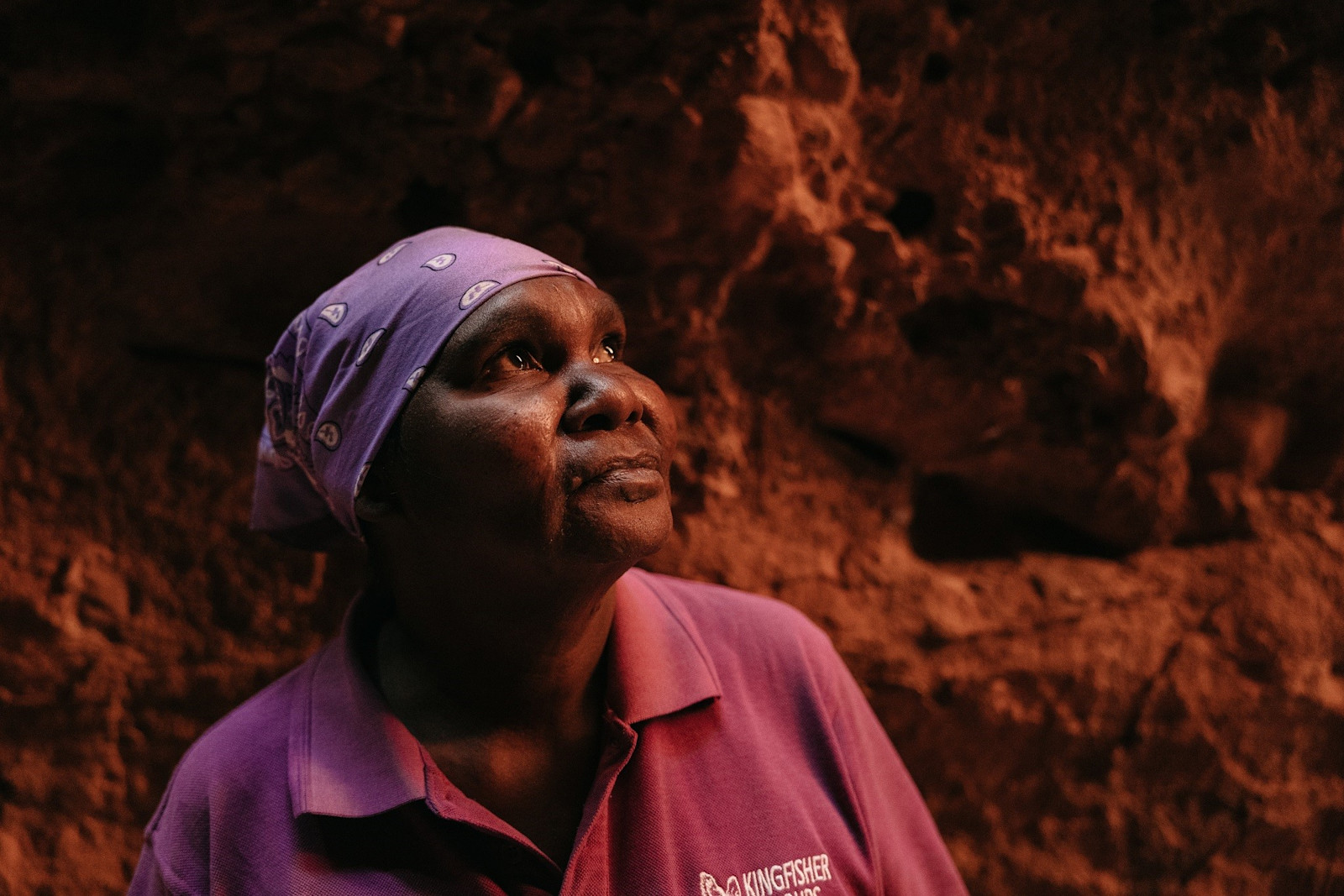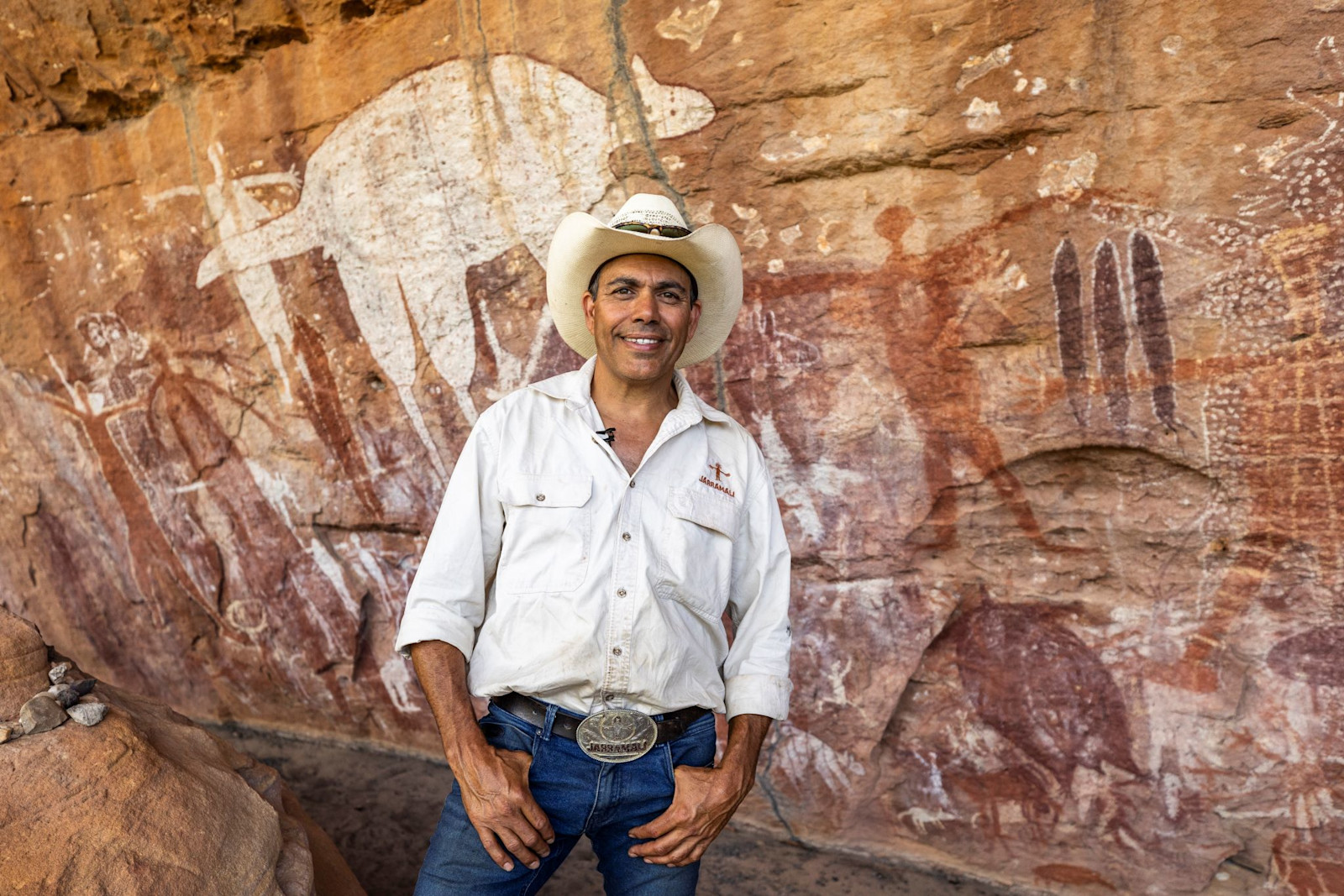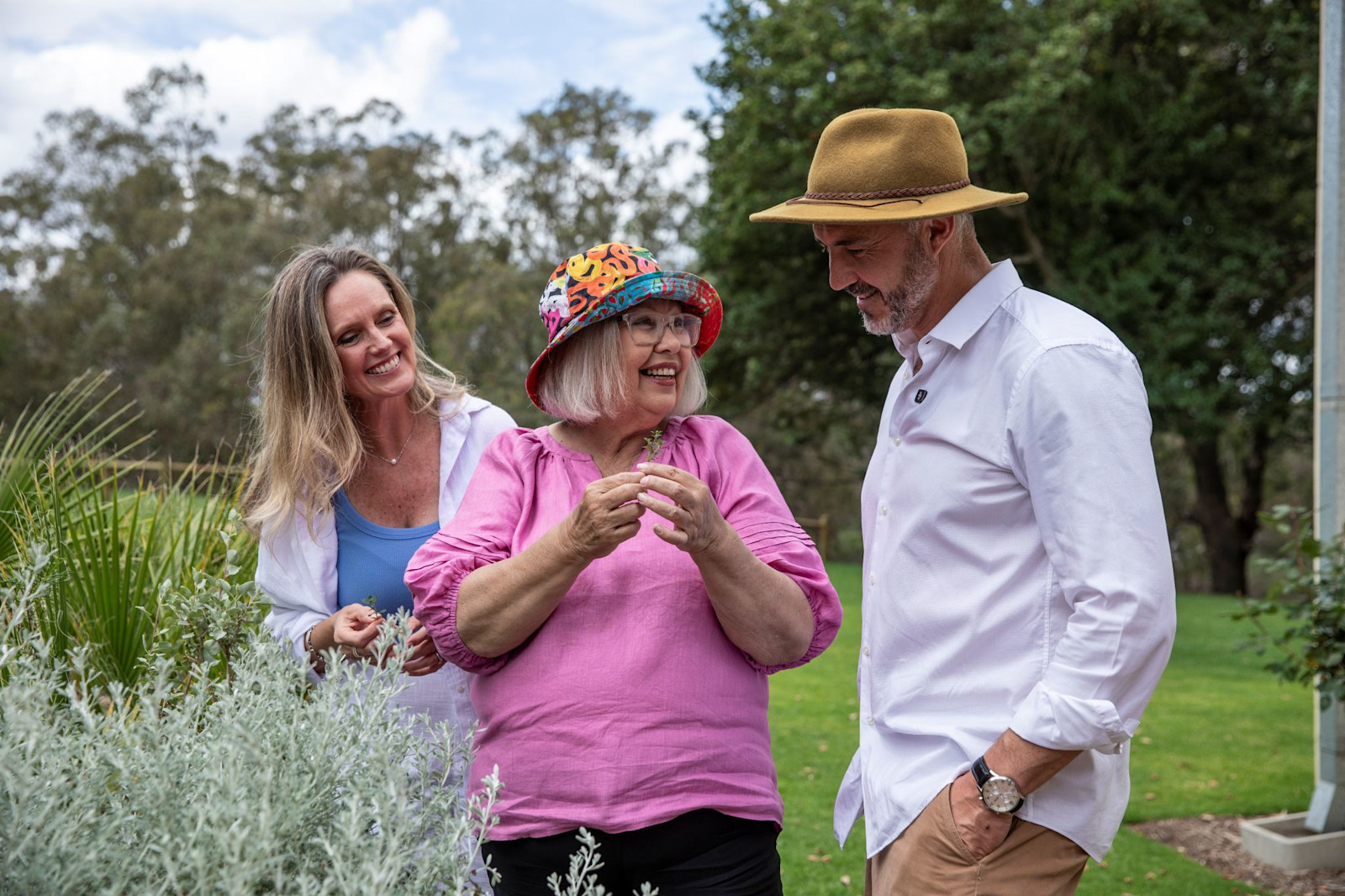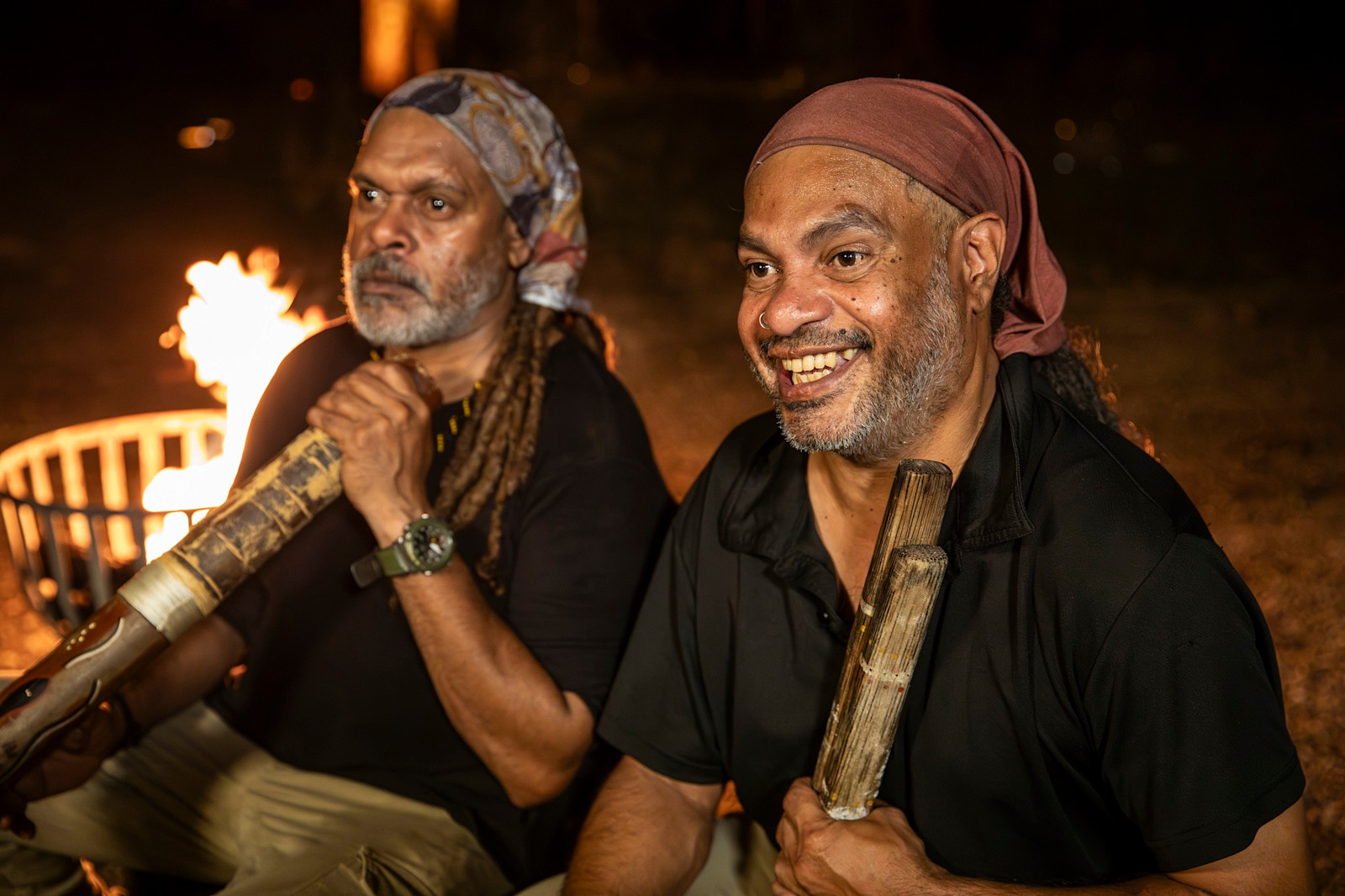What is Australia Day?
Australia’s national day has evolved over time. Today it is observed across the country in a variety of different ways.

An Indigenous guide from Burrawa Aboriginal Guide Experience at the top of the Sydney Harbour Bridge, Aboriginal Flag in background © BridgeClimb Sydney
What is the history of Australia Day?
Australia’s national day originated in 1818, when 26 January was officially declared a public holiday in Sydney / Warrane to commemorate the hoisting of the British flag at Sydney Cove on 26 January 1788. The name ‘Australia Day’ was first used in 1915, when a fundraiser for Australian troops serving in WWI was held on 30 July. By 1935 all Australian states and territories used the name ‘Australia Day’ to mark 26 January, and in 1994 the day became a national public holiday.
Why is Australia Day controversial?
For Indigenous Australians, 26 January represents invasion and an irrevocable impact upon their land, culture, and population. The 150th anniversary in 1938 saw Aboriginal Australians declare the date to be a Day of Mourning. Since then, the controversy surrounding Australia Day and its date has increased. In recent years, there have been calls from Aboriginal and non-Aboriginal people to change the date.

Margret Campbell from Dreamtime Southern X performing a smoking ceremony in front of the Sydney Harbour Bridge, NSW © Destination NSW
What happens on Australia Day?
For some Australians, 26 January is a day to celebrate contemporary Australia and its achievements. Many councils and community groups around the nation hold events and citizenship ceremonies. Other Australians, both Aboriginal and non-Aboriginal, observe 26 January as Survival Day, Invasion Day or Sovereignty Day, and mark the date with activities including marches, protests, celebrations of Aboriginal culture and quiet reflection.

In Culture Tours, Perth / Boorloo, Western Australia © In Culture Tours
How can I observe Australia Day respectfully?
On 26 January, the National Australia Day Council encourages people to reflect on Australia’s complete and complex history and understand that acknowledging and reconciling Australia’s past helps lay a path to a stronger future. A meaningful way for both Australians and visitors to do this – on any day of the year – is to book an Aboriginal tourism experience.
Join a Noongar guide from In Culture Tours for a walk in Kings Park in Perth / Boorloo, where 45,000 years of Aboriginal history and culture threads through the landscape. Broaden your knowledge of the city by learning about its history from an Aboriginal perspective.
Scale the Sydney Harbour Bridge with an Indigenous storyteller guide on the Burrawa Aboriginal Climb Experience to better understand why the Aboriginal flag flying atop it is significant for Aboriginal peoples Australia-wide. Or join Dreamtime Southern X on a walking tour in the historic streets below the bridge to discover how ancient Aboriginal wisdom continues to reveal itself in the modern city.
Discover the myriad Aboriginal uses for native plants on an Aboriginal Heritage Walk in the Royal Botanic Gardens Melbourne and learn how this knowledge has been used for millennia to live in harmony with the planet – an ancient lesson that has never felt more relevant.












